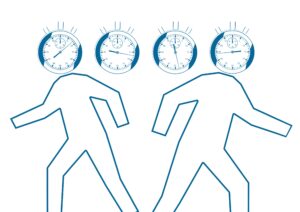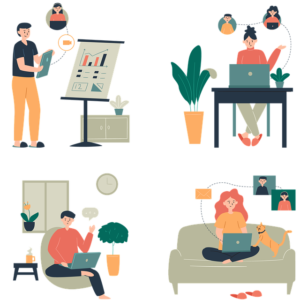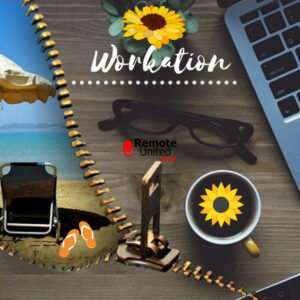
5 ways to deal with burnout at work
Work has become an around-the-clock activity, courtesy of the pandemic and technology that makes us reachable anytime, anywhere. Throw in expectations to deliver fast and create faster and it becomes hard to take a step back.
Not surprisingly, many of us are feeling burned out. Burnout — which often affects women more than men — happens everywhere. Particularly challenged during the pandemic, however, are teachers and healthcare workers.










